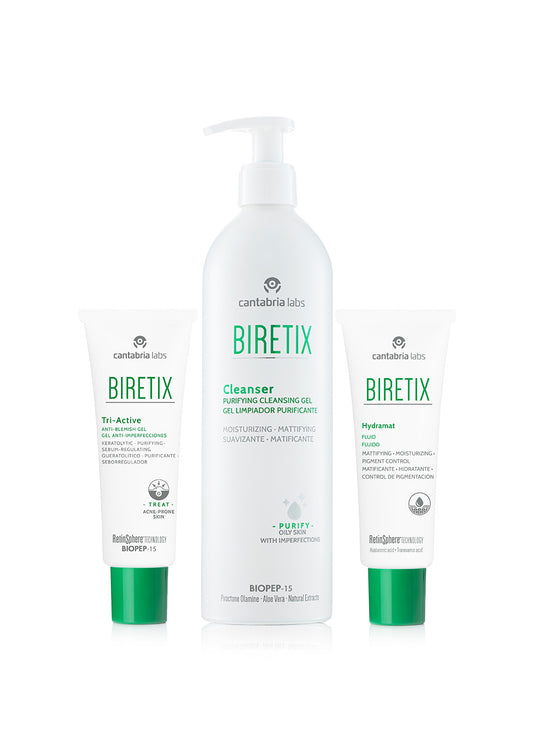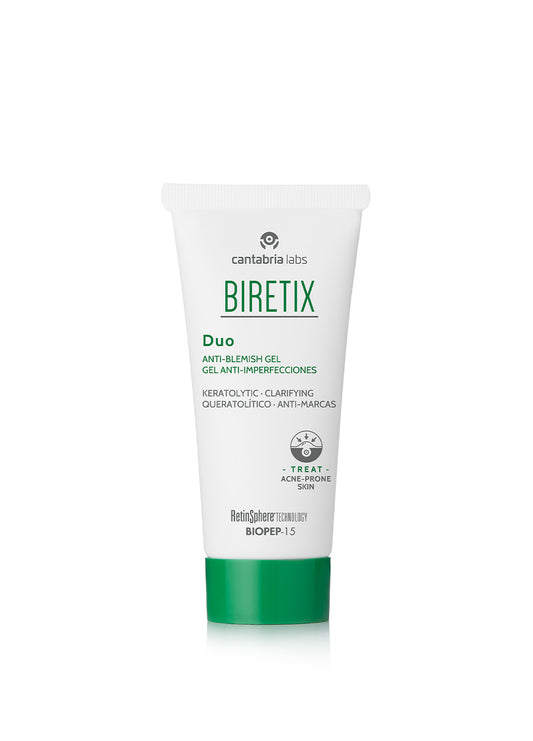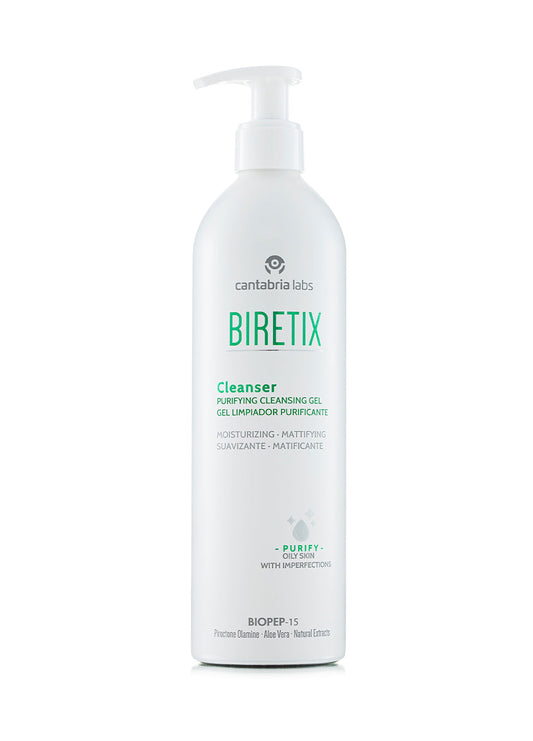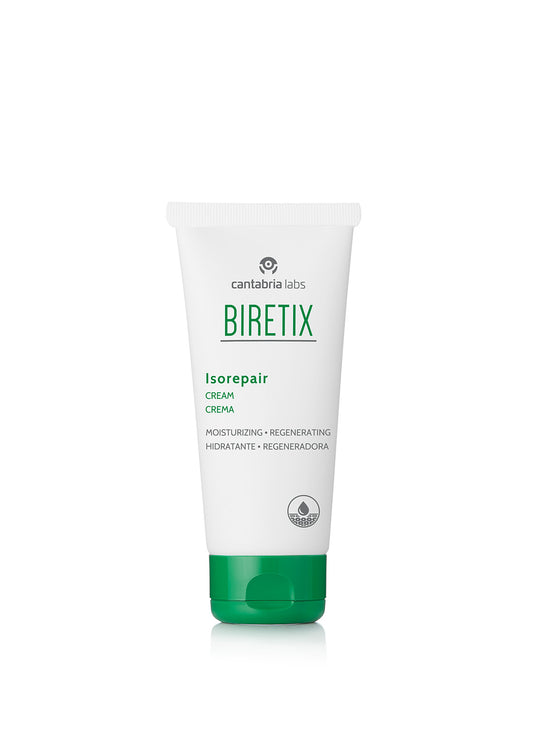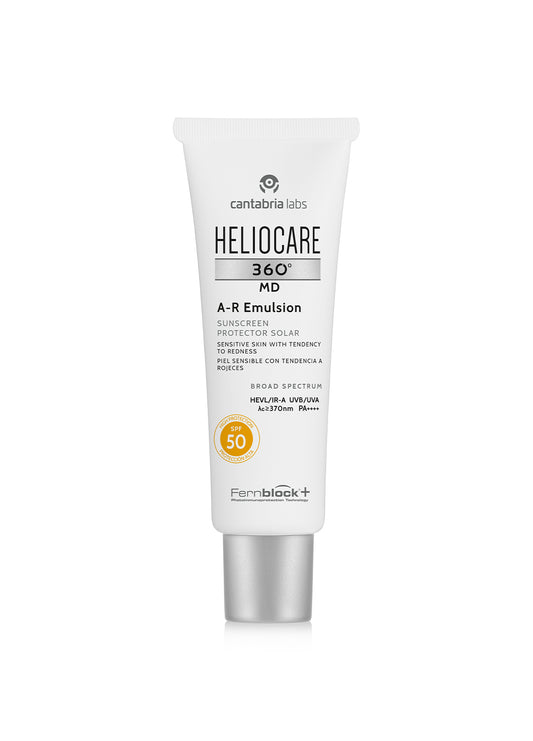The emotional impact of acne: What nobody talks about (but everyone feels)
Published on 01 October 2025
Acne is often considered a surface issue. But for many people, the impact of acne runs deeper, taking a huge toll on mental health and quality of life. Studies have even shown that depression, anxiety and suicidal thoughts are prevalent at rates of 22%, 29% and 12% in acne sufferers.1
It is clear that the relationship between acne and mental health is significant, with many people reporting low mood, anxiety or reduced self-confidence during periods of skin difficulty. It is particularly concerning for women, who are more likely to suffer psychologically than male patients with acne.2
Acne and mental health: Common struggles & symptoms
Multiple studies have shown a consistency in poorer quality of life and psychosocial functioning amongst those with visible dermatologic skin conditions.3 For those experiencing acne, it is very common to suffer with low self-esteem, body shame and embarrassment. This can then lead to social withdrawal and the avoidance of activities. Acne may also influence a person’s choice of clothes or makeup, with an individual opting for heavy layers and high coverage, even if this feels uncomfortable. Interpersonal problems and sexual difficulties can also be linked with the severity of acne.4
Over time, this psychological impact of acne can seriously affect a person’s daily activities, including work. It can be especially difficult for those with customer-facing roles.
Acne and mental health: Real patient stories
Becky, 27, has struggled with acne for over ten years. “I’ve tried everything from steroid creams to Roaccutane, which helped for a while but came with harsh side effects I couldn’t tolerate. Nothing seemed to work without making my skin even more reactive, and it had a real impact on my mental health. I used to avoid social events because I felt so self-conscious. People would comment on my skin, and I felt constantly judged.”
Jeyan, 18, has also felt the impact of acne on her mental health. “As a hairdresser, I’m constantly around people, and I felt like my acne was the first thing anyone noticed. I’d tried different products before but nothing ever seemed to make a real difference and honestly, I couldn’t even remember what I’d used because I’d lost hope that anything would work.”
Acne support: Where to find emotional and psychological help
It is important not to minimise the emotional impact of acne. If it is having a negative impact on your mental health, speak to someone as soon as possible.
Your GP should be your first port of call if you are feeling depressed about acne. They will offer you advice and a potential referral to a mental health team. We also recommend speaking to a dermatologist or skincare professional, who will be able to provide specialist physical treatments to tackle acne, along with mental health support. The British Skin Foundation also offers support and information around the impact of acne on mental health. Mental health books and apps may also be beneficial, especially if you are not ready to speak to someone directly.
There are healthcare professionals who specialise in supporting people with long-term or visible health conditions. Some of the support offered includes:
- Cognitive behavioural therapy (CBT)
- Guided self help
- Counselling
- Behavioural activation
- Mindfulness-based cognitive therapy (MBCT)5
Acne and self-esteem: Separating skin from self-worth
Feeling stressed or depressed about acne is not unusual, especially when treatments are ineffective. But it’s important to remember that acne is a medical condition that does not reflect your value. Learning to separate skin from self-worth can make a real difference to your wellbeing, helping you to build up a better sense of self-acceptance and address any thoughts that link your worth with your appearance.
It’s also hugely beneficial to show your skin and body love and care, especially when you’re experiencing an active breakout. Support your physical and mental health with small habits, like gentle skincare, healthy balanced meals, exercise, plenty of hydration and getting enough sleep. These self-care practices will benefit your skin health, as well as creating a sense of routine and structure, which will support your mental health.
Best skincare for acne-prone skin: Why choose BIRETIX?
For those with acne-prone skin, the BIRETIX range from Cantabria Labs offers dermatologist-approved options that are formulated with powerful, proven ingredients. With a combination of retinol and antimicrobial technologies, along with skin-boosting ingredients, BIRETIX will target every stage of the spot cycle to promote clear, healthy skin that you’ll feel confident in.

BIRETIX takes a holistic and scientific approach to managing acne, targeting both active breakouts and long-term skin health. The range includes a collection of clinically-proven formulations that are designed to work alongside professional skin treatments, providing a targeted, holistic approach to a condition that can be so complex.
BIRETIX is powered by innovative technologies and ingredients:
RetinSphere®
RetinSphere® Technology delivers retinol like no other, combining two high-tolerance retinoids, HPR and encapsulated retinol, in a dual delivery system for immediate and sustained release with minimal irritation. RetinSphere® works deep within the skin to boost cell turnover, stimulate collagen and elastin, and thicken the epidermis. This improves skin texture, smooths fine lines and brightens skin tone.
BIOPEP-15
BIOPEP-15 is a patented, plant-based technology that targets 24 strains of acne-causing bacteria. Powered by Oligopeptide-10, it delivers broad-spectrum antimicrobial action. BIOPEP-15 is clinically proven with no side effects, and is effective even against antibiotic-resistant acne.
Salicylic Acid
Salicylic acid, a powerful beta hydroxy acid (BHA), provides exfoliation by shedding dead skin cells and unclogging pores. It also reduces inflammation and redness, and speeds up the healing.
Niacinamide
Niacinamide, or vitamin B-3, helps to improve elasticity, enhance barrier function, even out the skin tone and lock in moisture. Its anti-inflammatory properties promote a strong and resilient skin barrier.
Glycolic Acid
Glycolic acid, an alpha hydroxy acid (AHA), works by increasing skin cell turnover and stimulating collagen production, promoting a brighter, smoother, healthier complexion.
The life-changing impact of BIRETIX: Real stories
“BIRETIX is the first routine that’s truly worked for my acne without upsetting my sensitive skin,” Becky says. “When I started using BIRETIX [after a consultation and skin analysis with KP Aesthetics], I honestly didn’t expect much, my skin is extremely sensitive and prone to flare-ups. But from the first structured routine, I began noticing changes. My skin felt less dry, the stinging and redness calmed down, and over the next few weeks, my breakouts became less frequent.”
Becky’s routine consists of the BIRETIX Cleanser in the morning and evening, followed by the BIRETIX Isorepair Cream to support the skin barrier. In the morning, Becky completes her routine with the HELIOCARE 360° A-R Emulsion SPF50+, high-level, full-spectrum SPF designed for redness and rosacea. In the evening, Becky’s final step is the BIRETIX Duo.
“BIRETIX didn’t just improve my skin - it helped me feel more confident again,” Becky tells us. “I finally feel like I have a routine that supports my skin rather than working against it.”

Meanwhile, Jeyan opted for BIRETIX as she didn’t want to start on prescription medicine straight away. “So we tried a simple BIRETIX routine first,” Jeyan explains. “Within weeks, I noticed a huge difference. My breakouts started calming down, the redness and soreness faded, and for the first time in ages, my skin felt smooth. The products didn’t feel harsh, they just worked. Now, my skin is so much clearer, the texture is more even, and I feel like I’ve finally got control over my acne.”
Jeyan’s BIRETIX routine consists of the BIRETIX Cleanser, BIRETIX Tri-Active Anti-Blemish Gel and BIRETIX Hydramat, with the occasional use of the BIRETIX Isorepair when the skin feels extra dry.
“I’m so grateful I took this step, it’s helped my skin, my confidence, and even made me more mindful about looking after myself overall.”

When to seek professional help for acne
If acne is part of your life, try to avoid treating your skin like a personal failure. Acne is a medical condition, not a character flaw. It is also more than a cosmetic issue; it can affect your self-esteem, mental health and overall well-being. Left untreated, acne can worsen, leading to permanent scarring and long-term skin damage.
Don’t hesitate to reach out to your GP or a skincare professional who can recommend effective treatments. This is especially important if you have moderate to severe acne, your over-the-counter products haven’t made a difference after 2-3 months, or if acne is impacting your mental health. Taking action and finding a treatment plan that works for you will not only improve your skin, but it will also boost your confidence and quality of life.


